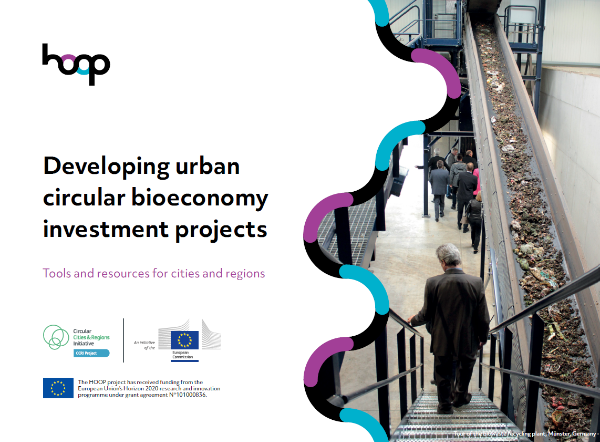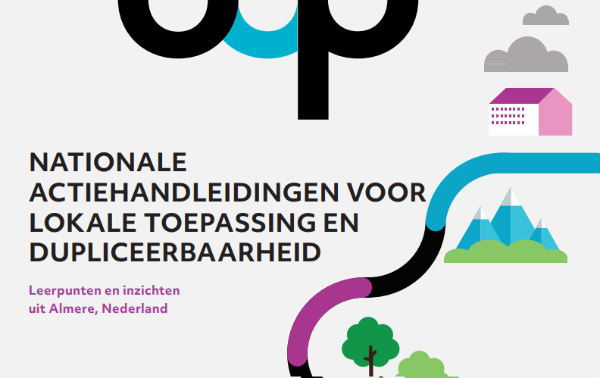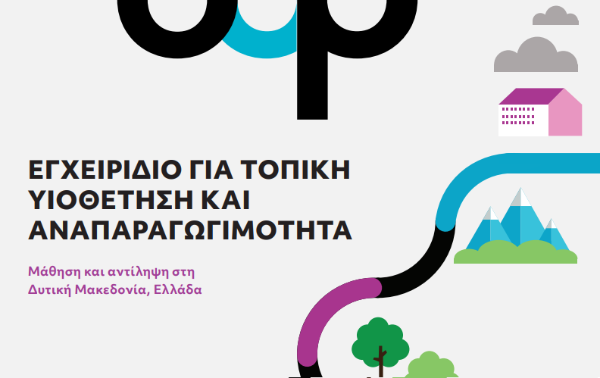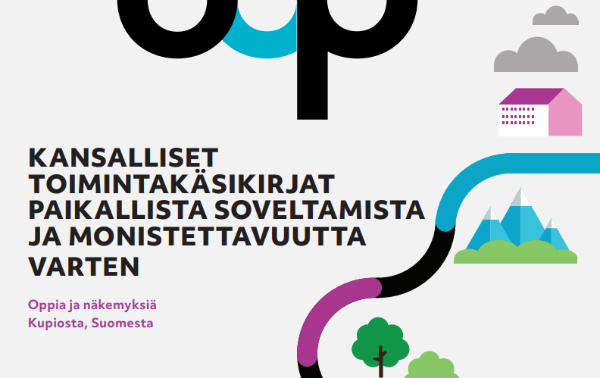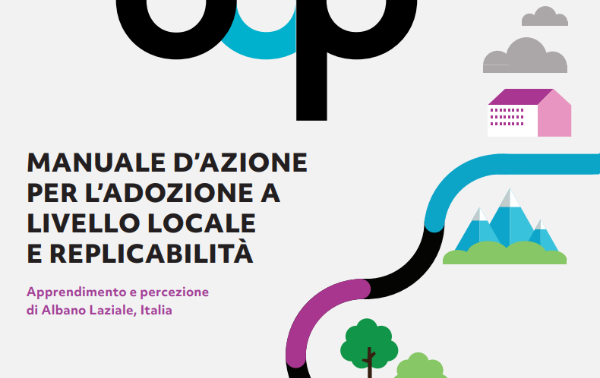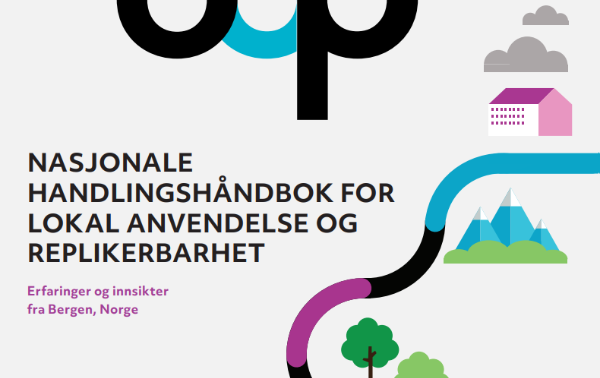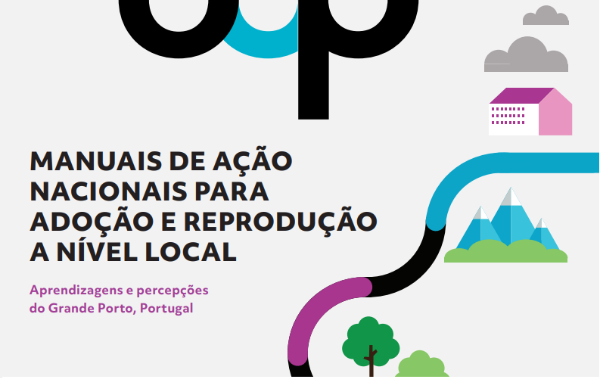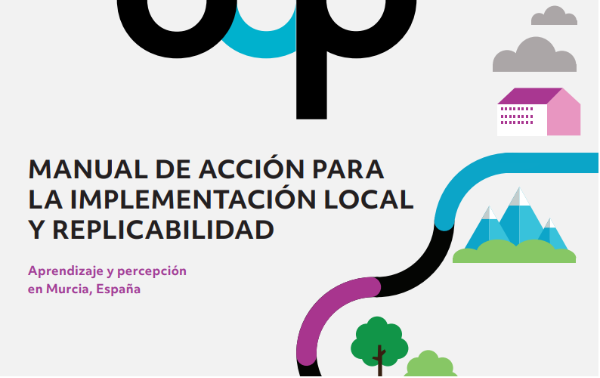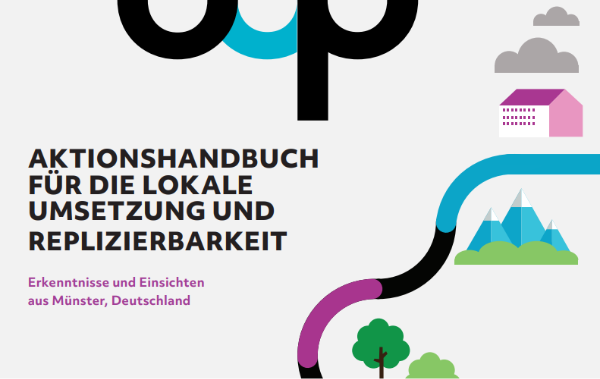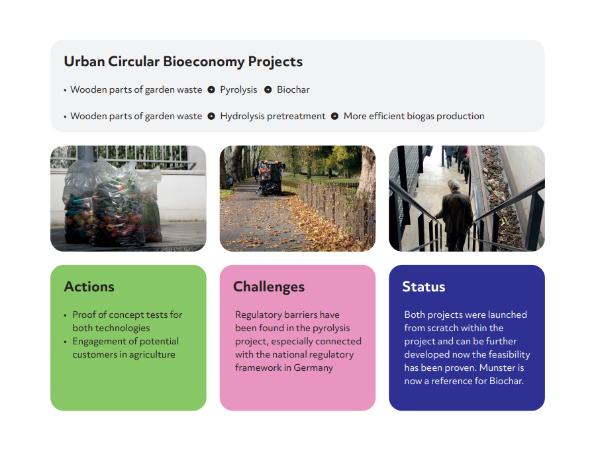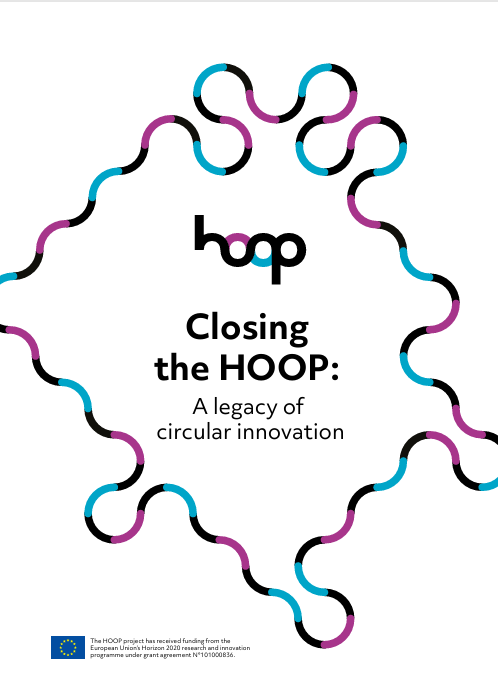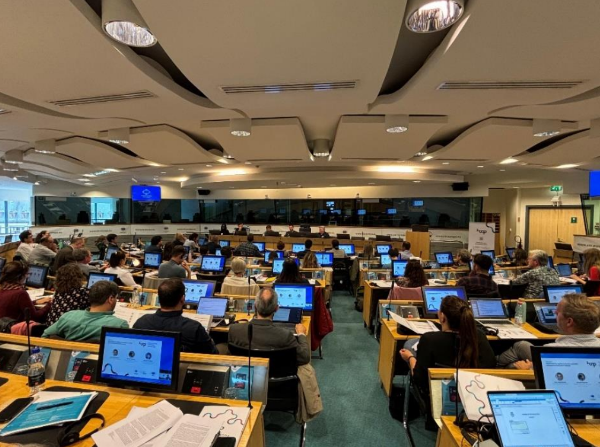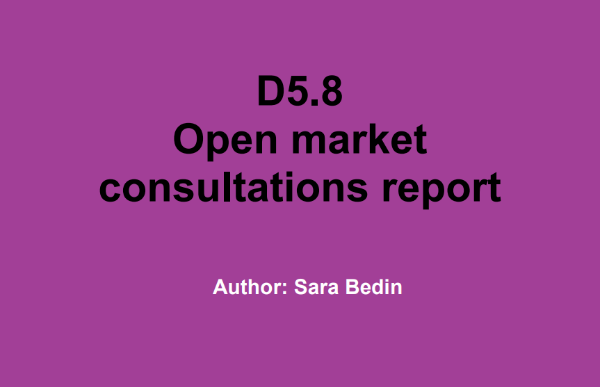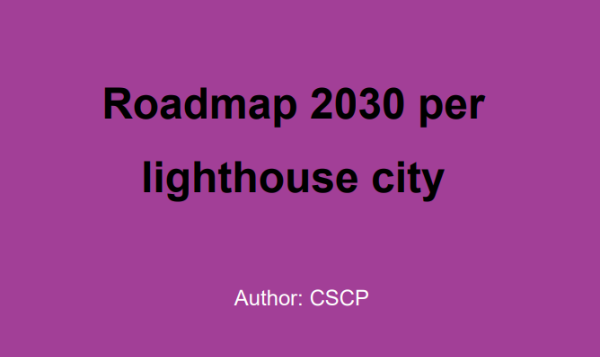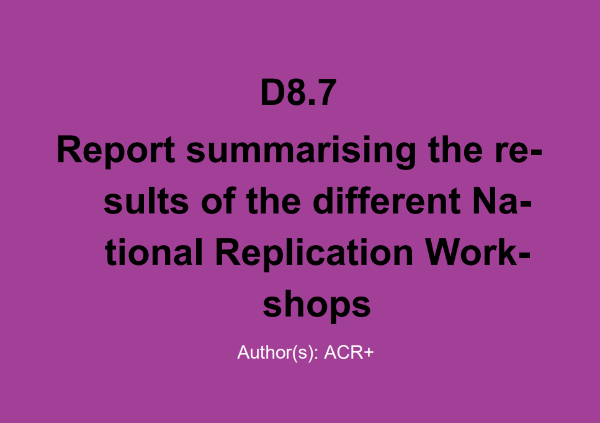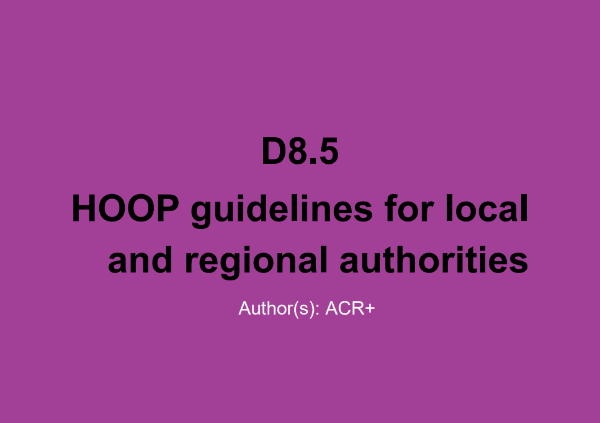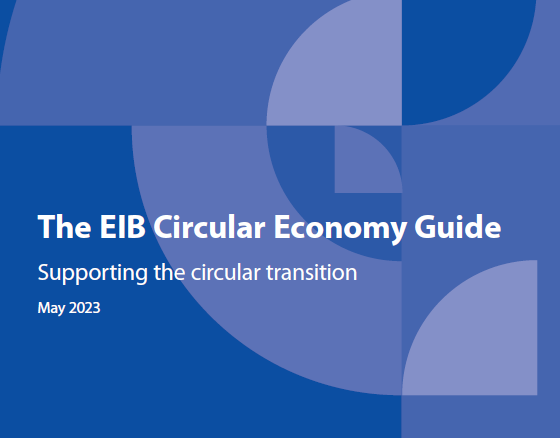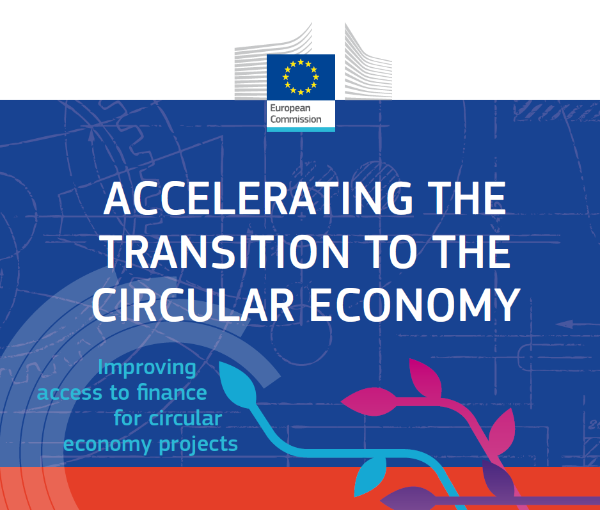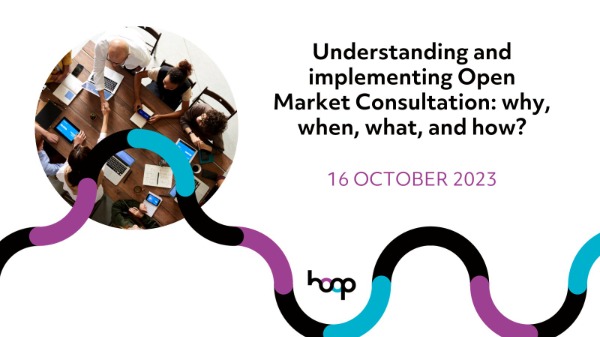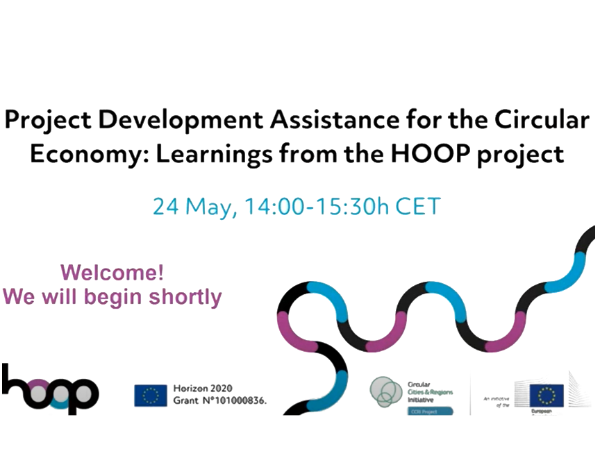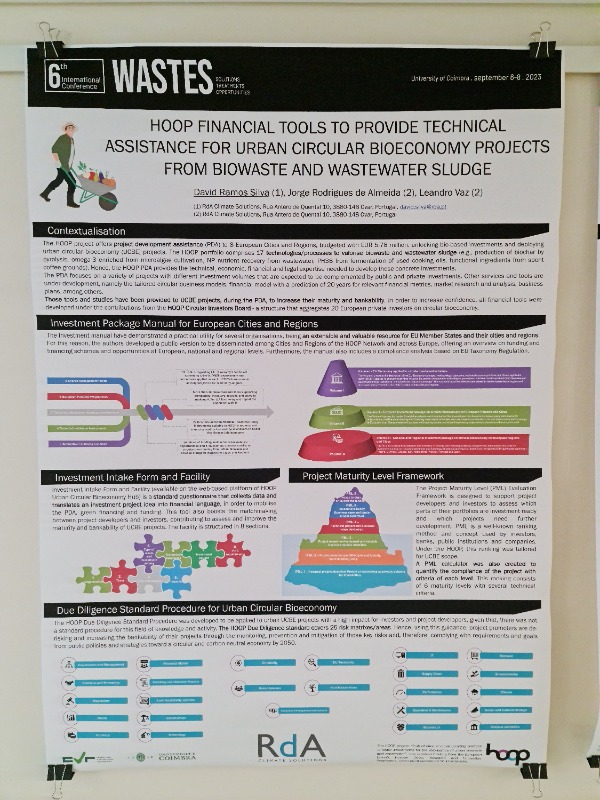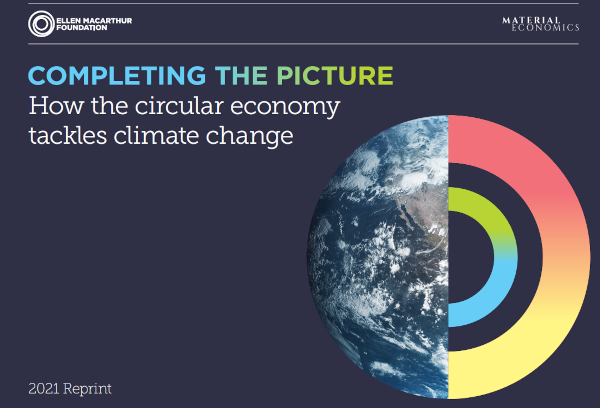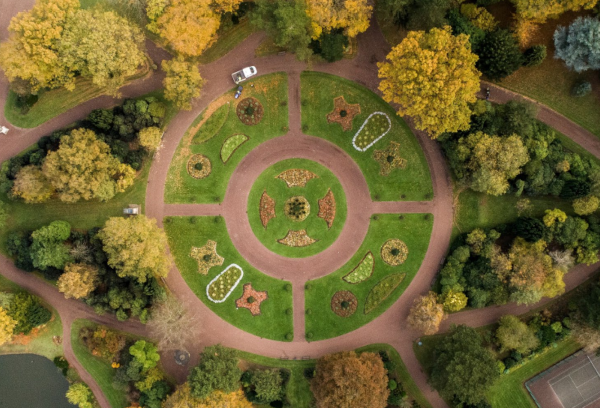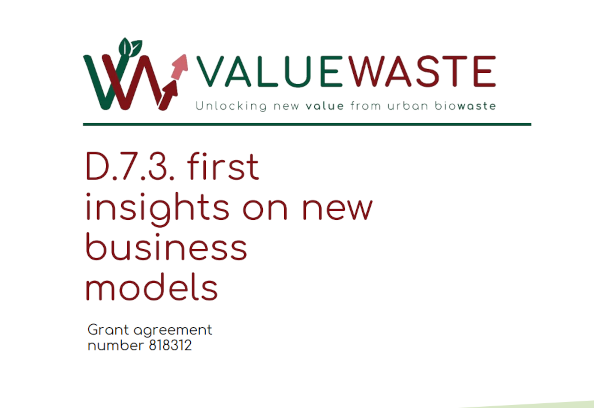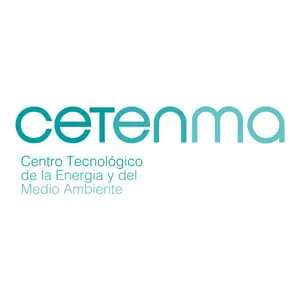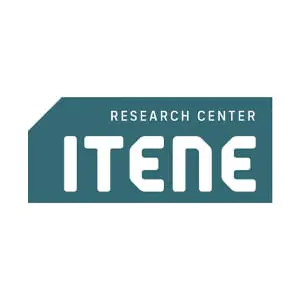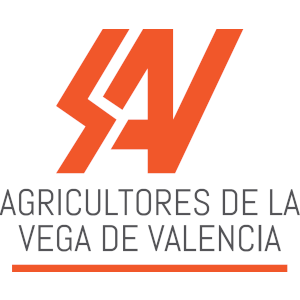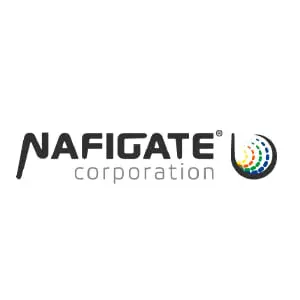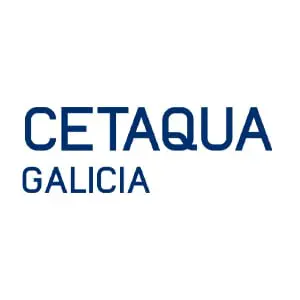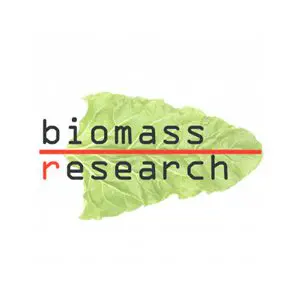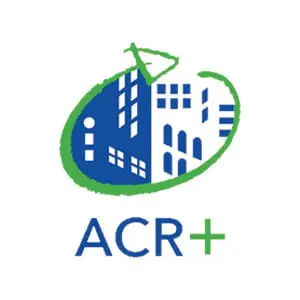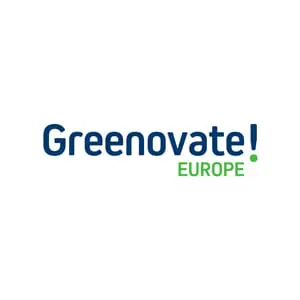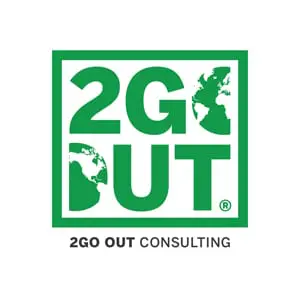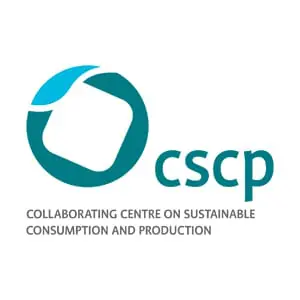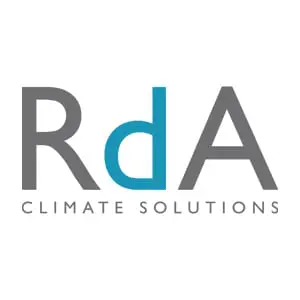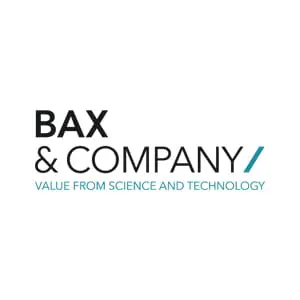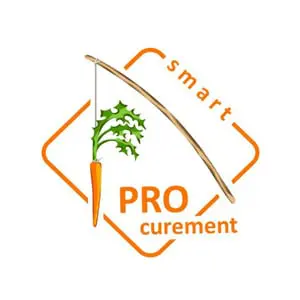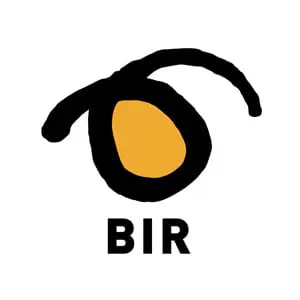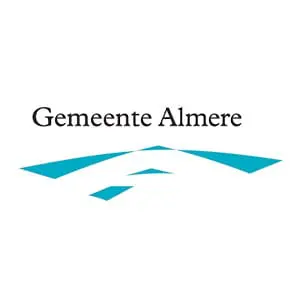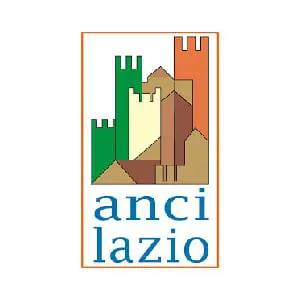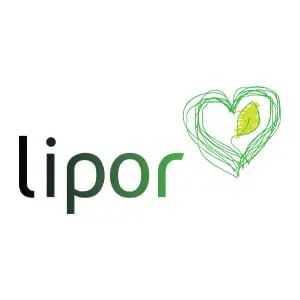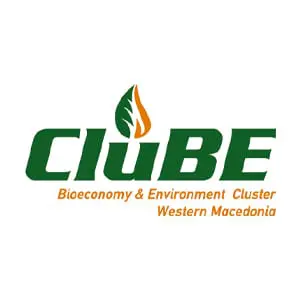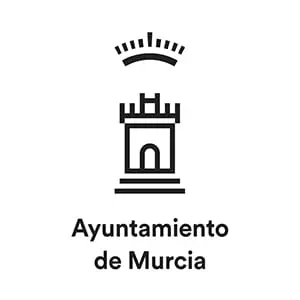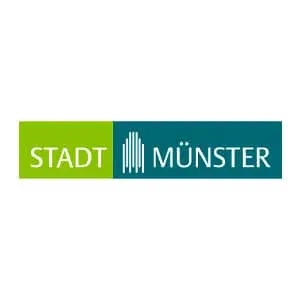Developing urban circular bioeconomy investment projects: Tools and resources for cities and regions
There is a growing demand for circular bioeconomy solutions that can mitigate the emissions and consumption of virgin raw materials. This manual presents tools and resources to help develop urban circular bioeconomy investment projects
Circular business models, Financing, Investment, Pilot projects
Download pdf
NATIONALE ACTIEHANDLEIDINGEN VOOR LOKALE TOEPASSING EN DUPLICEERBAARHEID
Leerpunten en inzichten uit Almere, Nederland
Circular strategies
Download pdf
ΕΓΧΕΙΡΙΔΙΟ ΓΙΑ ΤΟΠΙΚΉ ΥΙΟΘΕΤΉΣΉ ΚΑΙ
National action manuals for local uptake and replicability Greece
Circular strategies
Download pdf
KANSALLISET TOIMINTAKÄSIKIRJAT PAIKALLISTA SOVELTAMISTA JA MONISTETTAVUUTTA VARTEN
Oppia ja näkemyksiä Kupiosta, Suomesta
Circular strategies
Download pdf
MANUALE D’AZIONE PER L’ADOZIONE A LIVELLO LOCALE E REPLICABILITÀ
Apprendimento e percezione di Albano Laziale, Italia
Circular strategies
Download pdf
NASJONALE HANDLINGSHÅNDBOK FOR LOKAL ANVENDELSE OG REPLIKERBARHET
Erfaringer og innsikter fra Bergen, Norge
Circular strategies
Download pdf
MANUAIS DE AÇÃO NACIONAIS PARA ADOÇÃO E REPRODUÇÃO A NÍVEL LOCAL
Aprendizagens e percepções do Grande Porto, Portugal
Circular strategies
Download pdf
MANUAL DE ACCIÓN PARA LA IMPLEMENTACIÓN LOCAL Y REPLICABILIDAD
Aprendizaje y percepción en Murcia, España
Circular strategies
Download pdf
AKTIONSHANDBUCH FÜR DIE LOKALE UMSETZUNG UND REPLIZIERBARKEIT
Erkenntnisse und Einsichten aus Münster, Deutschland
Circular strategies
Download pdf
The HOOP Tales
The document explains the biocircular journey of 8 lighthouse cities and regions through the Project Development Assistance (PDA) provided by HOOP.
Circular business models, Circular strategies, Valorisation technologies
Download pdf
Closing the HOOP: A legacy of circular innovation
After four-and-a-half years of successful implementation, the pioneering HOOP project comes to an end having harvested successes, lessons learnt, and valuable results highlighted in this report.
Download pdf
Report on the HOOP Cities Conference
The document presents the results of the HOOP Cities and Policy Conference held on 4-5 June 2024 in Brussels. The conference presented the main results achieved by the HOOP Lighthouses and constituted an occasion to gather key dialogue about regulatory, economics and policy topics.
Circular strategies, Valorisation technologies
Download pdf
Open market consultations report
This paper focuses on open market consultations conducted under the HOOP project, which illustrate distinct but complementary models of pre-procurement engagement.
Innovation procurement
Download pdf
Roadmap 2030 per lighthouse city
The document analyses the lighthouse cities progress and describes both upcoming milestones as well as concrete actions to get there. Thus, the roadmaps are formed on a case-by-case basis allowing readers to understand how the HOOP journey will continue.
Circular strategies, Valorisation technologies
Download pdf
Report summarising the results of the different National Replication Workshops
The National Replication Workshops aimed to promote the replication of the HOOP project’s outcomes and of their achievements. The document shows challenges for replication beyond well-established practices.
Circular strategies
Download pdf
HOOP guidelines for local and regional authorities
This guideline shows how to identify, design, and implement innovative valorisation routes for urban biowaste and wastewater sludge. It summarises key recommendations, as well as relevant resources and tools that can be used to produce high-quality biowaste-based products and materials.
Circular strategies
Download pdf
Due Diligence Standard Procedure for Urban Circular Bioeconomy Projects
Using this Guidance, Project Promoters are de-risking and increasing the bankability of their projects. Cities and entrepreneurs are better prepared to prevent and mitigate some risks, if they want to keep having green funding and financing supports.
Circular strategies, Financing, Investment, Legislation
Download pdf
Urban Circular Bioeconomy Webinar Series 2| Developing Urban Circular Bioeconomy Investment Projects
Discover how to overcome barriers and empower financial investments in circular bioeconomy solutions. Learn from the experiences of Miguel Angel Suarez Valdes from CETENMA and Jorge Rodrigues de Almeida, from RdA Climate Solutions in providing Project Development Assistance to 8 cities and regions.
Circular strategies, Financing, Investment
See Video
The EIB Circular Economy Guide
The guide presents how the EIB supports the circular economy through financing, advisory and awareness raising.
Financing, Incentives, Investment
Download pdf
Improving access to finance for circular economy projects
To improve the conditions for financing circular economy projects, the European Commission Expert Group on Circular Economy Financing analysed barriers and identified the main areas where incentives need to be provided.
Financing, Investment
Download pdf
Understanding Open Market Consultation
Open Market Consultation is an important step in the procurement of innovation. This online webinar is tailored specifically for public procurers interested in gaining a comprehensive understanding of what an Open Market Consultation entails.
Financing, Innovation procurement, Investment
See Video
Project Development Assistance Webinar | HOOP
In this webinar, HOOP partners share their methodologies, experiences, encountered barriers and learnings on the Project Development Assistance (PDA) for building the technical, economic and legal expertise needed for project development and the launch of concrete investments.
Financing, Valorisation technologies
See Video
HOOP financial tools to provide technical assistance for urban circular bioeconomy projects
This paper presents the HOOP financial tools that have been developed to support cities and regions to develop urban bioeconomy projects
Circular business models, Financing, Innovation procurement, Investment
Download pdf
Circular Business Models - Existing and emerging forms of value retention and creation
This Whitepaper presents a series of existing and emerging circular business models (CBMs), divided into three groups that together form a classification. Better design and organisation of a CBM contributes to the transformation and transition towards a sustainable and circular economy.
Circular business models, Circular strategies
Download pdf
Incentives to boost the Circular Economy - A guide for public authorities
This guidance document commissioned by DG RTD aims at supporting public authorities in identifying the most suited incentive or combination of incentives to speed up the transition towards a circular economy at EU, National, Regional or Local level.
Circular business models, Circular strategies, Consumer acceptance, Financing, Incentives, Innovation procurement, Investment
Download pdf
Completing the picture - How the circular economy tackles climate change
This is a republication of a paper first published in 2019 with the same name. It is reprinted now to make the case at COP26 that the circular economy is a crucial element of the global response to climate change.
Circular business models, Circular strategies
Download pdf
Circular Cities Declaration Report 2022
The Circular Cities Declaration has been set up to support cities in their transition from a linear to a circular economy. The Report 2022 analyses the first submissions by 40 cities signatories on their circular activities (2021-2022) including key activities, interventions and challenges.
Behaviour change, Circular business models, Circular strategies, Citizen awareness, Citizen science, Consumer acceptance, Stakeholder engagement
Download pdf
Developing Circular Economy Strategies in Europe - Best practices
This working paper developed by The Joint Assistance to Support Projects in European Regions (JASPERS) builds on the 70+ circular economy strategies developed in Europe as of May 2021. The strategies were analysed in terms of inception, development, and implementation and monitoring:
Circular business models, Circular strategies
Download pdf
VALUEWASTE project’s first insights on new business models in circular economy
This report describes the circular economy Business model creation processes for the three value chains of the VALUEWASTE project.
Behaviour change, Circular business models, Circular strategies, Financing
Download pdf
SCALIBUR Project Biowaste collection strategies
This presentation illustrates the biowaste collection strategies implemented in the SCALIBUR pilot cities Albano Laziale (IT), Lund (SE), Madrid (ES), Kozani (GR) and outlines challenges, solutions, and best practices.
Collection, Pilot projects, Sorting
Download pdf
Policy Briefs to foster water reuse in Europe
This document, produced by the SUWANU project, present four critical domains for a successful implementation of reused water in agriculture: governance, public, financing, risk management. It aims at supporting the adoption of water reuse in an environmentally sustainable farming practice.
Financing, Wastewater
Download pdf
HOOP project_Novel Circular Business Models applied in the value chain of bio-waste valorisation
This report focuses on the identification of Circular Business Models for bio-waste valorisation.
Circular business models, Circular strategies
Download pdf
HOOP project_ Investment Package Manual for European Cities and Regions (Volume III)
The Volume III of the Investment Package Manual presents a selection and inventory of funding and financing schemes, programmes, instruments and tools for investment projects on circular bioeconomy and bioenergy at National and Regional levels.
Circular business models, Financing, Investment, OFMSW, Wastewater
Download pdf
HOOP project_Investment Package Manual for European Cities and Regions (Volume II)
The Volume II of the Investment Package Manual guides the reader through the selection and inventory of funding and financing schemes, programmes, instruments and tools for investment projects on circular bioeconomy and bioenergy at European level.
Financing, Incentives, Legislation, Innovation procurement
Download pdf
HOOP project_Investment Package Manual for European Cities and Regions (Volume I)
The Investment Package Manual Volume I presents the description of the EU Taxonomy concepts, methodology, objectives, technical screening criteria and DNSH (“do no significant harm”) applied to economic activities linked to the circular bioeconomy.
Financing, Investment, Legislation
Download pdf
HOOP project_Webinar New business models
Prevailing business models are overwhelmingly linear and do not often consider the benefits of circularity, which can be hard to quantify. This webinar shares existing and successful innovative circular economy business models for urban circular bioeconomy.
Circular business models, Circular strategies, Financing, Investment
See Video
URBIOFIN project_From Urban Waste to Bioproducts
The URBIOFIN project offers a new model for Organic Municipal Solid Waste management, based on the Urban Biorefinery concept. This factsheets briefly outlines and business benefits of such a model.
Circular business models, OFMSW, Valorisation technologies
Download pdf
Zero Waste Europe_Scenario 3: Going beyond just recycling to total tackle waste generation
This publication is part of a series of scenarios written by Zero Waste Europe to give guidance to municipalities willing to adopt a local zero waste strategy. This third and last report focuses on cities with high separate collection rate, between 50% and 70%.
Circular business models, Circular strategies, Collection, Sorting
Download pdf
Zero Waste Europe_Scenario 2: Stepping-up the existing system to go towards zero waste
This publication is part of a series of scenarios written by Zero Waste Europe to give guidance to municipalities willing to adopt a local zero waste strategy. This second report focuses on cities with a separate collection rate between 30% and 50%.
Circular business models, Circular strategies, Collection, Sorting
Download pdf
Zero Waste Europe_Scenario 1: Starting from scratch to quickly improve waste management
This publication is part of a series of scenarios written by Zero Waste Europe to give guidance to municipalities willing to adopt a local zero waste strategy. This first report focuses on cities with a collection of biowaste between 0 and 20%.
Circular business models, Circular strategies, Collection, Sorting
Download pdf
WBCSD_Business guide to circular water management: spotlight on reduce, reuse and recycle
This report aims to help companies in developing strategies to respond to challenges of water availability by implementing circular water management practices.
Circular business models, Circular strategies, Wastewater
Download pdf
WaysTUP! project_Business Models Analysis
This report, published by the WaysTUP! project, gathers and analyses relevant information about circular business models and their importance.
Circular business models
Download pdf
WaysTUP! project_Market Outlook Report
This report is a direct outcome of Task 6.1 Analysis of market outlook. Overall, the scope of the market outlook is focused on the market drivers and barriers to entry for technologies and end-products stemming from the Project’s Pilots.
Circular business models, Circular strategies, Legislation, Pilot projects
Download pdf
ACR+_The governance of circular bioeconomy: Practices and lessons learnt from European regions
In collaboration with the French Pays de la Loire region, ACR+ set up a working group on circular bioeconomy with a particular focus on governance. The objective is to support public authorities in the development of local or regional roadmaps on circular bioeconomy.
Circular strategies, Incentives, Investment, Innovation procurement, Stakeholder engagement
Download pdf
ICLEI_The Power of the Public Plate
This document provides a collection of actionable recommendations for procurers and policy makers towards procuring food with a value chain perspective.
Circular strategies, Innovation procurement
Download pdf
Circle Economy_The Role of Municipal Policy in the Circular Economy
This report explores the connection between municipalities pursuing circular economy policy and investments in circular business that create jobs. Municipal circular policies, especially strategy, targets, loans and subsidies, are conducive to generating employment.
Circular business models, Circular strategies, Financing, Incentives, Investment
Download pdf
WBCSD_Circular bioeconomy: The business opportunity contributing to a sustainable world
The shift to a sustainable, low-carbon, circular bioeconomy represents a business opportunity worth USD $7.7 trillion. This report supports companies through case studies and guidance to overcome the sustainability trade-offs associated with circular bioeconomy business models.
Circular business models, Circular strategies, Investment
Download pdf
EIB_Access-to-Finance Conditions for Investments in Bio-Based Industries and the Blue Economy
The study collects information on the investment and access-to-finance conditions for Bio-based Industries and Blue Economy projects and companies in the European Union, and evaluates the need and potential for dedicated public financial instruments as well as for other policy actions.
Financing, Incentives, Investment
Download pdf
